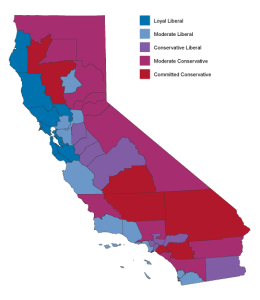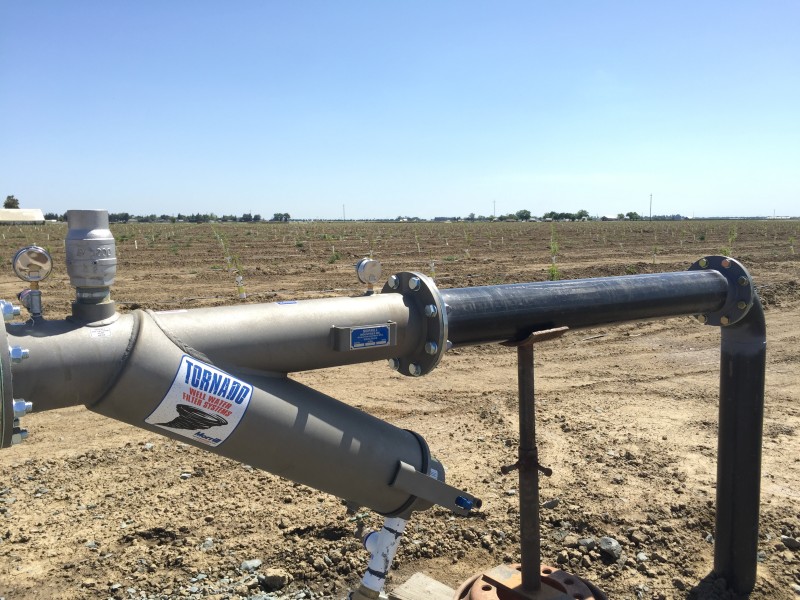As a result of a generous donation by the Eranda Foundation in honour of Lord Weidenfeld’s father Max Weidenfeld, a small travel fund is available annually to provide Scholars with financial support for travel required for research, academic and professional development purposes where this is deemed to be useful and necessary.
These funds are allocated to Scholars with limited resources and infrequent opportunities to go abroad.
Robert Frost advised, take the road less travelled. My recent experience conducting dissertation fieldwork in California, however, revealed that by taking the road more familiar, one can learn just as much, perhaps even more, by reassessing the known. The ability to be surprised, and accept and adapt when one is surprised, serves to moderate the human tendency towards hubris when confronted with a familiar topic or region. This is important in a complex world such as ours; a world that does not always offer a simple or static truth.
For my dissertation, I decided to return to the part of the world where I had spent four of my undergraduate years. The decision was deliberate – a combination of suitable market conditions, existing academic networks and low safety risk. It was unexpected then, when I had to reframe what I thought I knew. The first concerned profit, which was a central variable to my Masters thesis, and the second concerned politics.
Reframing “profit”
Economists assert there is one kind of person in the world. Every man, or so they claim, is selfish and seeks to maximize his or her utility. Behavioural economists and sociologists, such as Amartya Sen and Sarah Quinn, refute this notion by demonstrating that there are situations in which a certain belief system compels individuals to act in a non-selfish or non-rational manner. Going into this study, I theorized that farmers were better characterized by the latter contingent, because of their ancestral ties to the land and lifestyle. What I found, however, was that profit and such intrinsic, expressive and social values, were inextricably linked. Farmers sought profit not to retreat into a life of luxury, but to expand their operations and sustain their business for future generations. The pursuit of profit was thus a virtuous mission. Rarely is “profit” stripped from its capitalist roots (and the connotations of greed) in business today.
Reframing Californian politics
I fell for the common misconception that California is a blue (Democrat) state. In many respects, this is true. However, upon meeting the farmers I began to realize that the democratic fervour in the state is largely confined to the populated city centres. Calls for less regulation, lower taxes and criticisms of the state government were rampant. Indeed, if one looks at a political map of California, the state looks more red (Republican) than blue. Since California is the agricultural heart of the United States, much of the land mass is toiled, tilled and owned by Republican supporters. While this realisation contributes minutely to my dissertation analysis, it reminded me how important it is to look beyond one’s immediate surroundings. The opinions that are of closest reach are unlikely to portray the full picture. I was reminded that in the process of trying to make sense of the world around me, it is important not to simplify away the voices of the minority or those that are less convenient to reach. A leader should always be aware of the nuances and multiple truths.
I am currently in the process of writing up my findings for my dissertation in Water Science, Policy and Management. I hope that my work can make some small contribution to the ongoing water management dialogue in California and the wider water market debate.
Michelle Valentine (MSc Water Science, Policy & Management), Louis Dreyfus-Weidenfeld Scholar



